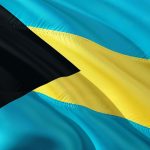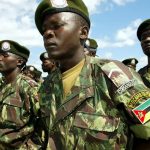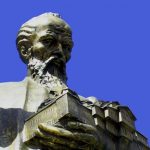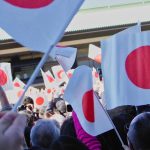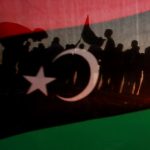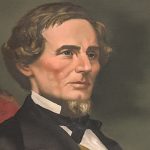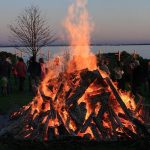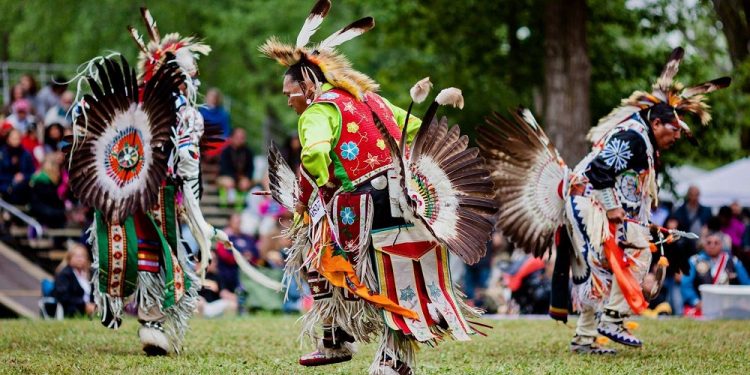
National Indigenous Peoples Day
National Indigenous Peoples Day is a holiday observed annually on June 21st across Canada—particularly in the Northwest Territories and the Yukon. This holiday recognizes and honors the achievements of the Inuit, the Métis peoples, and First Nations peoples.
It has been observed as a holiday in the Northwest Territories since 2001 but only became a holiday in the Yukon in 2017. It coincides with the summer solstice, a day of the year that holds significant religious and symbolic value for indigenous peoples and is also the longest day of the year.
The History of National Indigenous Peoples Day
The holiday was first suggested by the Assembly of First Nations (known as the National Indian Brotherhood at the time) in 1982. The proposed holiday was National Aboriginal Solidarity Day, intended as a day of recognition for all native people. Nine years later, in 1990, Quebec became the first province to designate June 21st as a day to celebrate Indigenous peoples and their culture.
However, at that time in 1990, the holiday was not yet observed as a national day. It was not until tensions between indigenous and non-indigenous peoples led to renewed calls for a national day of recognition that change began to take shape. A national meeting of aboriginal and non-aboriginal spiritual leaders, organized by Elijah Harper, came together in 1995. This meeting, called The Sacred Assembly, encouraged the federal government of Canada to establish National First Peoples Day.
On June 13, 1996, Governor General Roméo LeBlanc announced the holiday, and by June 21st of that year, the holiday was officially celebrated as the first National Aboriginal Day. On June 21, 2017, Prime Minister Justin Trudeau announced plans to change the name of the holiday from National Aboriginal Day to National Indigenous Peoples Day.
Observing National Indigenous Peoples Day
This holiday is observed through cultural events and other activities that highlight the importance of indigenous cultures and shine a spotlight on them.
